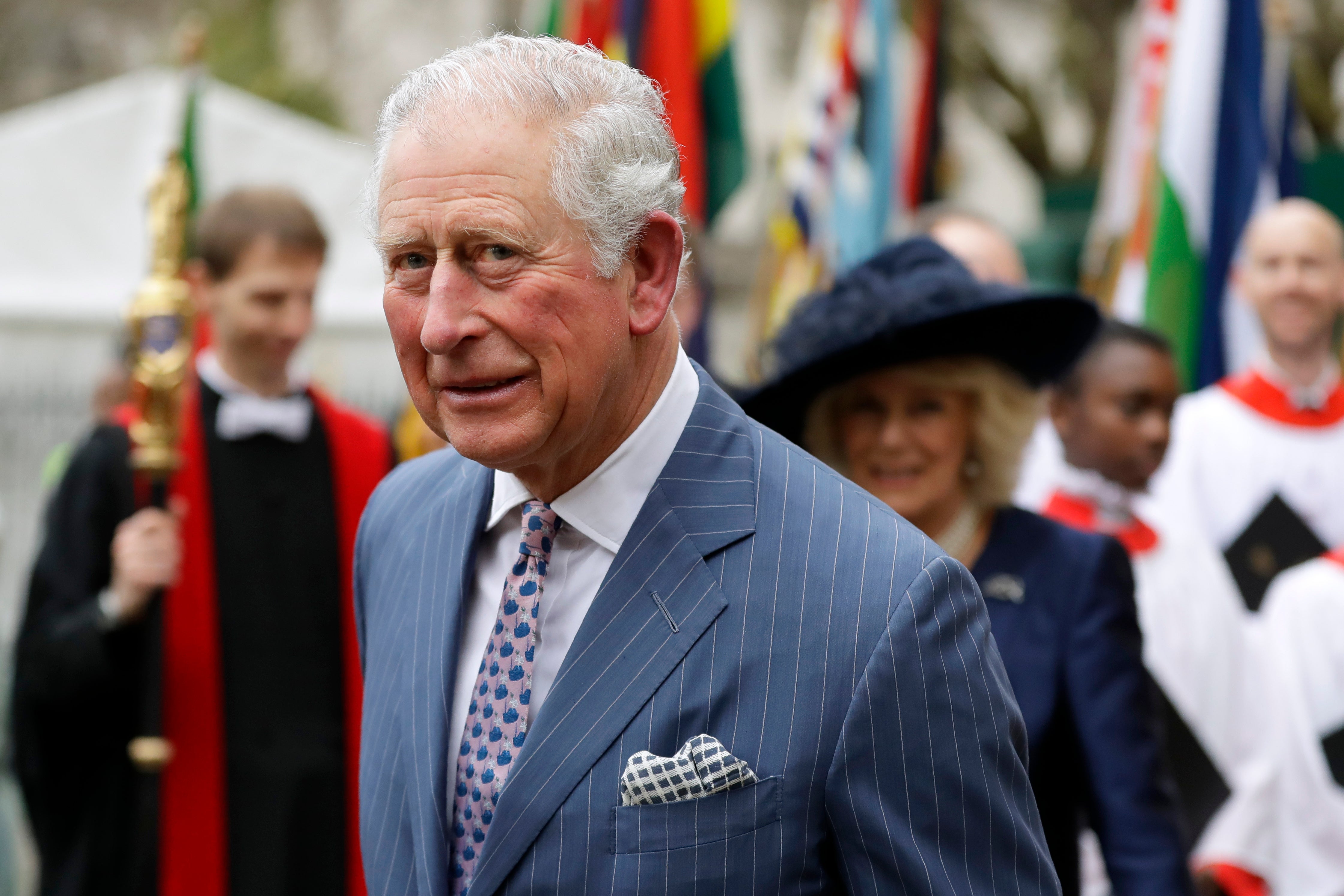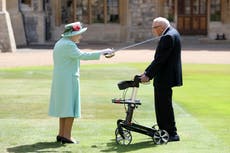Prince Charles ‘vetted laws which prevent his tenants buying his homes’
Report claims Prince of Wales screened 275 draft laws before they were approved in Parliament between 1970 and 2020

Prince Charles used a secretive parliamentary process to stop tenants living on his private estate from buying the freehold of their homes, it has been reported.
Parts of the Prince of Wales’s private estate, which includes a portfolio of land, property and investments worth more than £1bn, are exempt from two property laws which gives families the right to purchase their homes outright.
According to research carried out by The Guardian, archive documents reportedly show the exemption were passed after Charles was allowed to vet the contents of the bills and approve them.
The exemptions mean residents are living in homes with diminishing or no financial value, reported the newspaper, with tenants saying they cannot borrow against their homes to pay for social care fees either for themselves or their loved ones, for example.
But a spokesperson for the Duchy of Cornwall said: “Any assertion that the Prince of Wales has blocked or unduly influenced legislation is incorrect.”
Alan Davis, a retired oil executive and a tenant on the Isles of Scilly, which is part of the Duchy of Cornwall, told the newspaper he has been unable to buy the freehold of the bungalow he purchased in 1984 because of an exemption in the 1993 Leasehold Reform, Housing and Urban Development Act.
With less than 65 years left to run on his lease, Mr Davis told The Guardian he is concerned for the future value of his home and said it was “absolute nonsense” he and other residents could not buy their homes outright from the duchy.
The duchy was created in 1337 by Edward III for his son Edward, the Black Prince, to provide an income for the heir apparent that was independent of the monarch.
The Guardian published documents on Monday suggesting that the Queen’s personal lawyers successfully lobbied a change to draft law to hide her wealth, as part of an investigation into Queen’s consent.
This is a process where Parliament asks for consent when debating bills which affect the Crown’s interests. As part of the procedure, more than 1,000 draft laws were reportedly seen by the Queen or Charles before being approved by MPs.
A Buckingham Palace spokesperson said the Queen was shown legislation “by convention” if consent is required. They added that it is a “purely formal” parliamentary process and “any assertion that the sovereign has blocked legislation is simply incorrect”.
The documents also reportedly showed that Charles vetted the 2002 Commonhold and Leasehold Reform Act, which featured exemptions that favoured the duchy. It is claimed that Charles screened at least 275 draft laws between 1970 and 2020, ranging from the ban on fox hunting to changes in inheritance laws.
A spokesperson for the Duchy of Cornwall said: "It is a long-established convention that the prince, as Duke of Cornwall, is asked by Parliament to provide consent to those bills which Parliament has decided would affect Duchy of Cornwall interests.
"If consent is required, draft legislation is, by convention, put to the Prince of Wales to grant solely on advice of ministers and as a matter of public record."
The spokesperson added: "The Duke of Cornwall nor the Duchy of Cornwall Council have any involvement in the drafting of legislation that relates (to) any part of leasehold reform including residential enfranchisement.
"The Duchy does, however, take great care to ensure that anyone purchasing a property where the freehold belongs to the Duchy is made completely aware of the restrictions that may apply to their property as a result of the legislation.”
Additional reporting by PA
Join our commenting forum
Join thought-provoking conversations, follow other Independent readers and see their replies
Comments




Bookmark popover
Removed from bookmarks